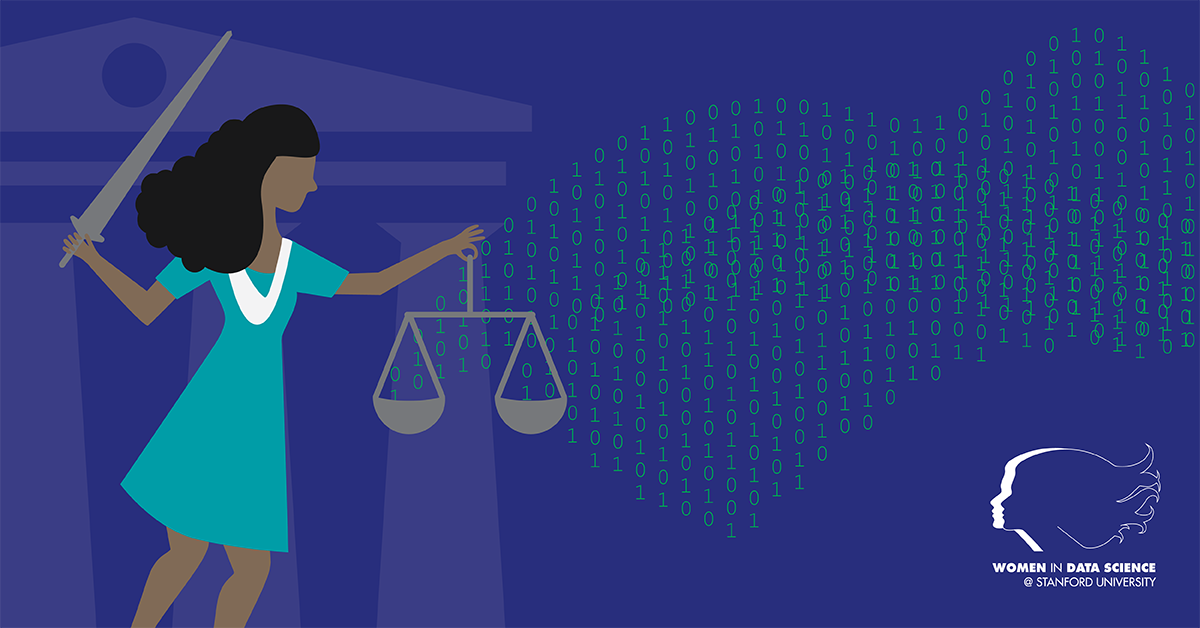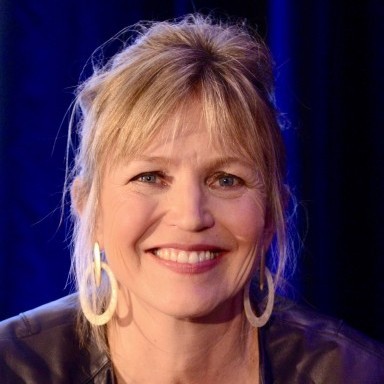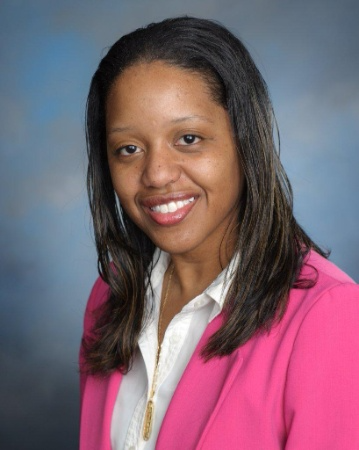Creating A Shared Code Of Ethics To Guide Ethical and Responsible Use of Data

Highlights
During her career at the National Security Agency, Capitol Hill and the White House, Natalie Evans Harris saw that while we collected troves of data, we didn’t have strong frameworks and governance in place to protect people in a data driven world. “Data has been used to intrude in our lives. Things are happening based upon data that nobody communicated to the public was actually happening,” she explained during a conversation with Stanford’s Margot Gerritsen, Stanford professor and host of the Women in Data Science podcast.
Data ethics and responsible use of data are essentially about building trust. There’s this gap in understanding what sharing data means. Two things have to happen if we’re going to build a relationship where people allow their data to be used by a company. Individuals have to trust that what the company is doing with that data is something they’re okay with. And the company has to be able to prove that they’re being responsible with the use of the data. A company could have the best products out there, but if people don’t trust you or understand what you’re doing with the data, then they’re not going to trust you to use the data. And then innovation stops.
She believes the biggest problem is we do not have a shared vision of what ethical practices mean. We don’t want to put broad impact laws in place to govern responsible use of data when we’re still trying to define that vision. To change business practices, we have to change company expectations so that they’re not only incentivized to be ethical and responsible in their business models, but they’re also penalized when they violate.
Harris has been advocating for a data science “code of ethics” to create a shared vision to guide our behaviors, and then start to develop best practices around. Companies are now taking this code of ethics and personalizing it to their businesses around principles like informed consent, transparency, fairness and diversity. Companies then publicize the practices that they’re putting in place to align with those principles. That’s how you start to create that shared vision.
She sees that there’s this transformation happening with the relationship between technology and people. For so long, technology has been this very passive thing in our lives, and now with AI and machine learning and all of these uses of data and technology, there’s this tension around what technology can do and what humans should do. Until people know and understand what is happening with their data, and until companies can thoughtfully express what they’re doing with the data in a very transparent fashion, we will continue to have this tension. She is hoping that this code of ethics can start to ease that tension.

About the Host
Margot Gerritsen
Stanford Professor [Emerita] Margot Gerritsen is the Executive Director and co-founder of Women in Data Science Worldwide (WiDS) and born and raised in the Netherlands. Margot received her MSc in Applied Mathematics from Delft University of Technology before moving to the US in search of sunnier and hillier places. In. 1996 she completed her PhD in Scientific Computing & Computational Mathematics at Stanford University and moved further West to New Zealand where she spent 5 years at the University of Auckland as a lecturer in Engineering Science. In 2001, she returned to Stanford as faculty member in Energy Resources Engineering. Margot was the Director of the Institute for Computational & Mathematical Engineering (ICME) at Stanford from 2010-2018 and the Senior Associate Dean for Educational Affairs in Stanford’s School of Earth Sciences from 2015-2020. In 2022, Margot took Emerita status to devote herself to WiDS full time. Margot is a Fellow of the Society of Industrial & Applied Mathematics, and received honorary doctorates from Uppsala University, Sweden, and the Eindhoven University of Technology in the Netherlands. She now lives in Oregon with her husband Paul.
Connect with Margot Gerritsen on Twitter (@margootjeg) and LinkedIn.
Find out more about Margot on her Stanford Profile.


